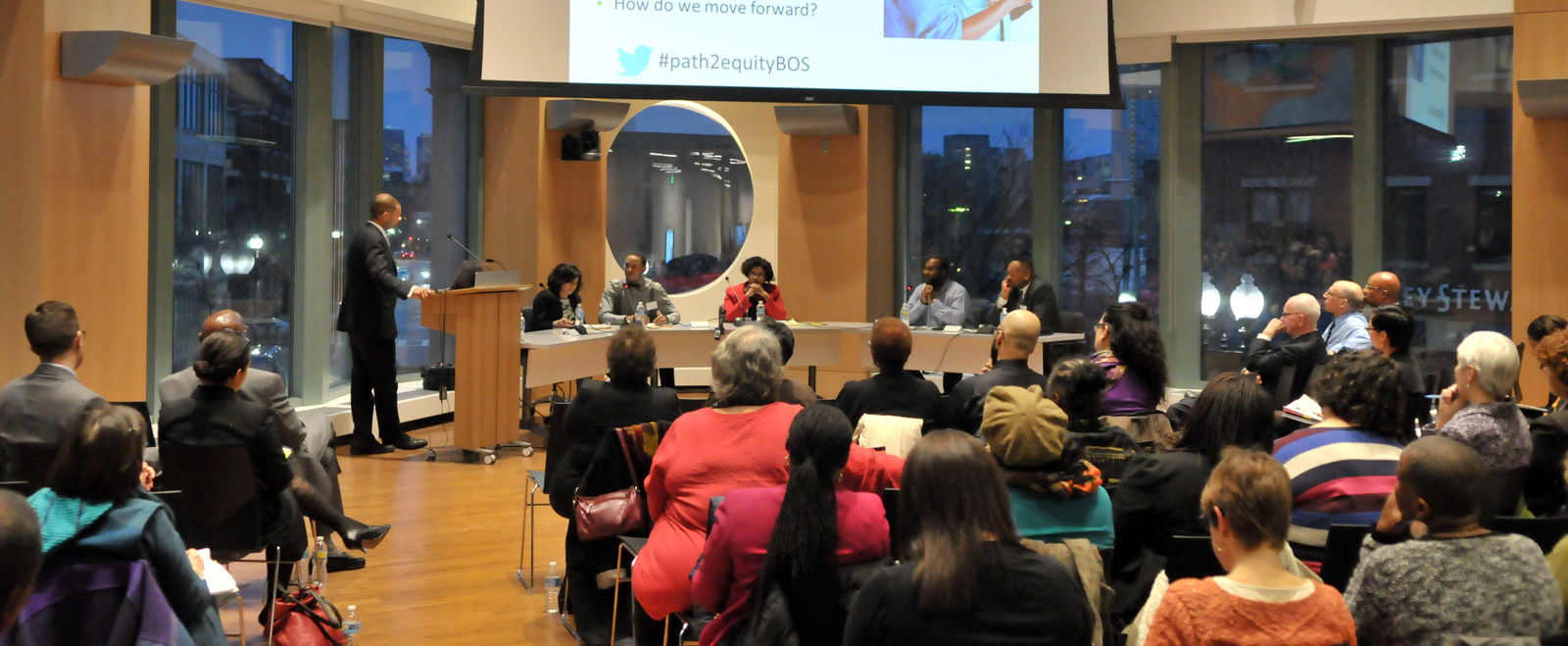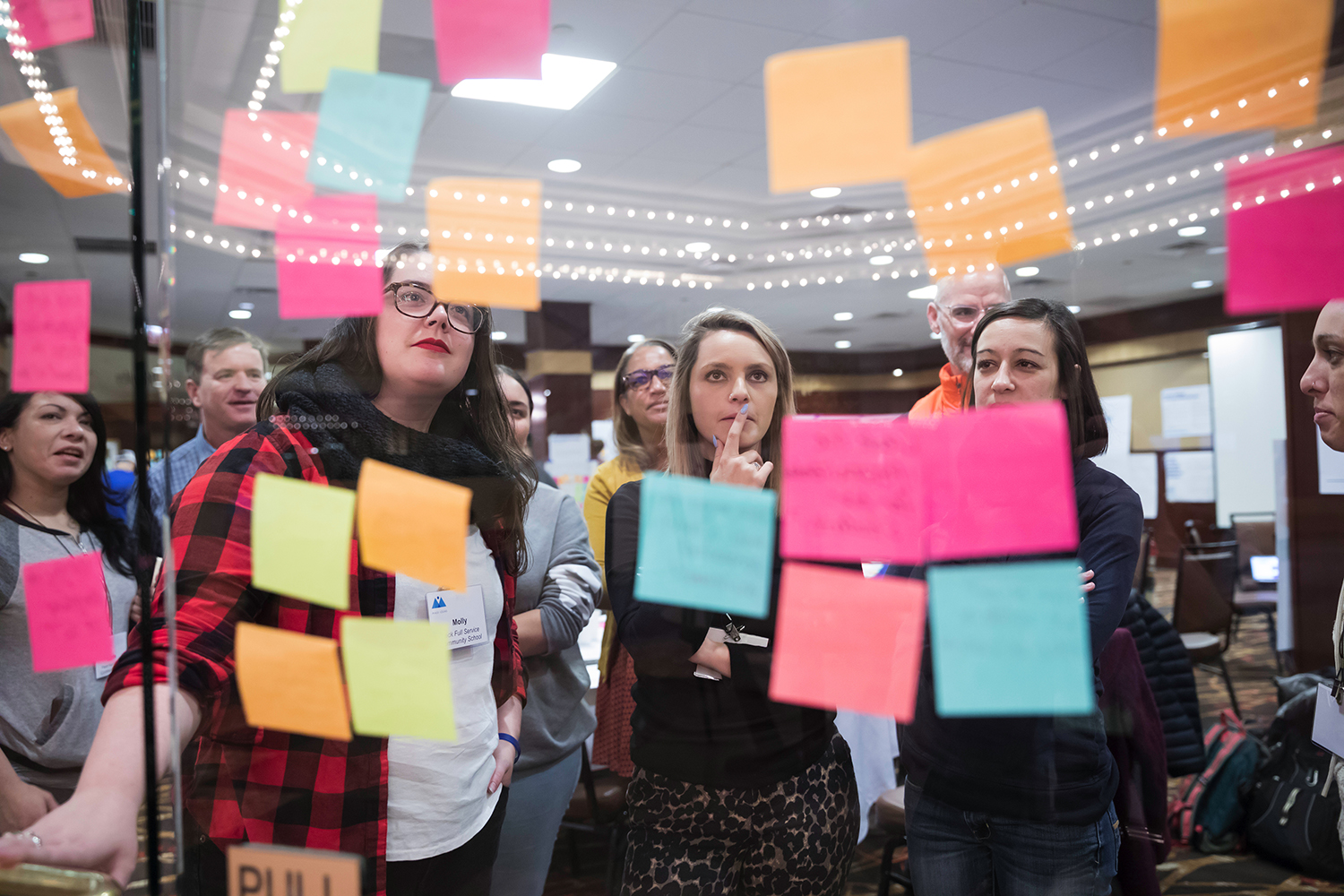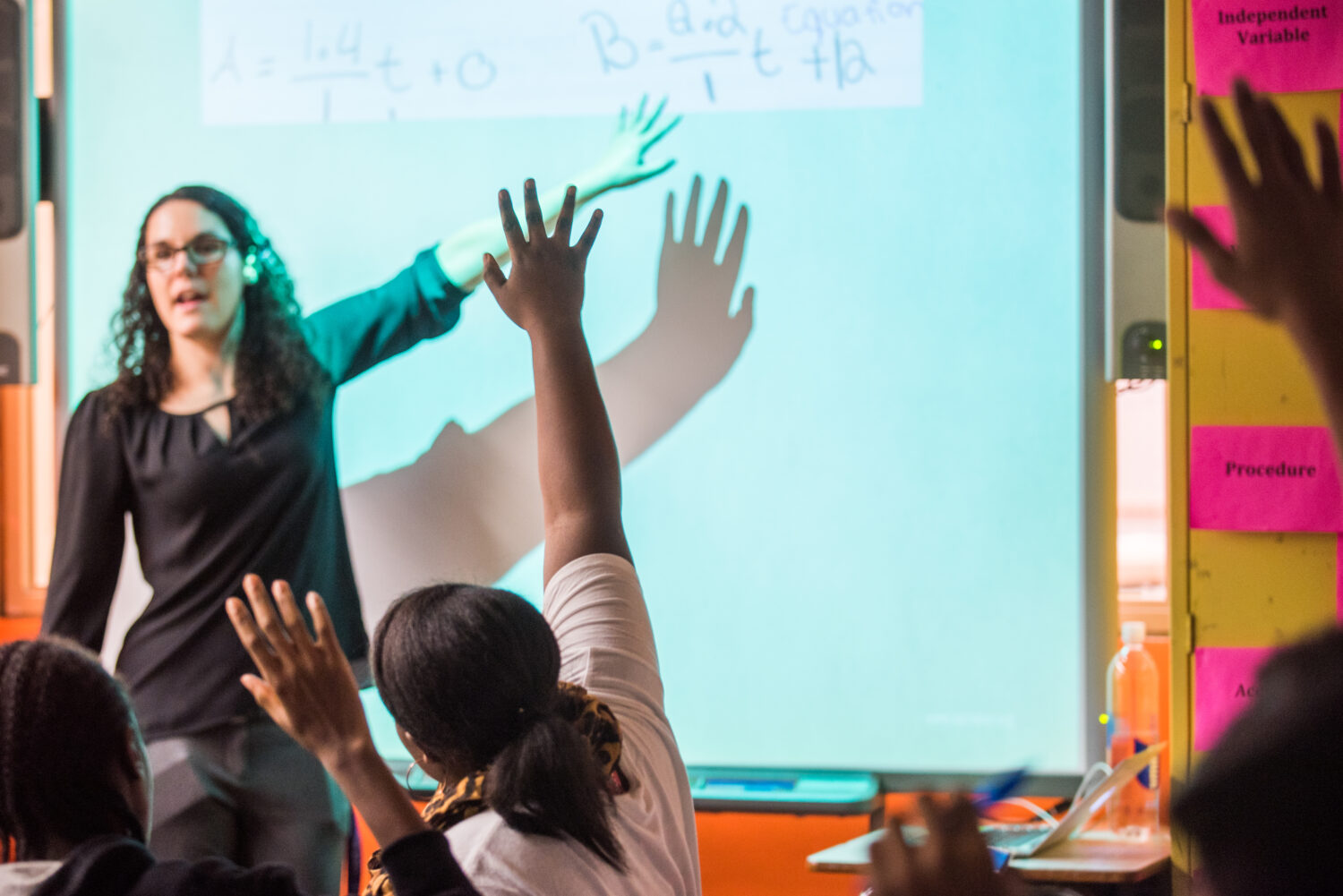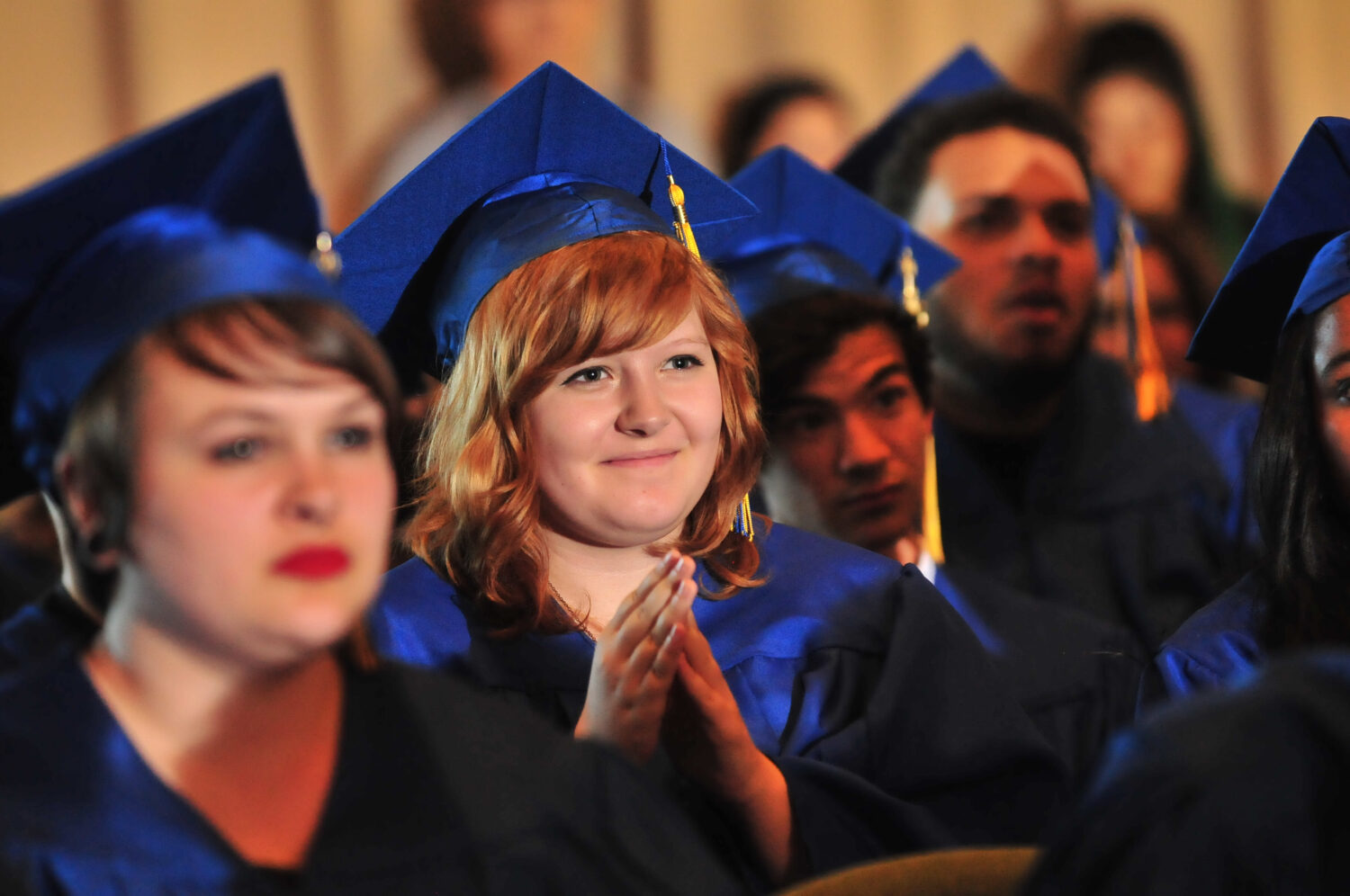Last week, the main meeting hall of Boston Public Schools’ (BPS) new headquarters was full to capacity for the release of a new report—the second of a two-part series that, together, comprise the most comprehensive analysis ever on enrollment, experiences, and outcomes of Black and Latino males in Boston. Prepared by the Center for Collaborative Education (CCE) and the Annenberg Institute for School Reform at Brown University (AISR), both reports were funded by BPS and Barr.
The first report, entitled “Opportunity and Equity: Enrollment and Outcomes of Black and Latino Males in Boston Public Schools,” revealed that Black and Latino male students, who now account for 78% of all male students in BPS, face systemic barriers to opportunity and, as a result, are posting disproportionately low rates of academic proficiency and graduation compared to their peers. To help position BPS to address these barriers, the second report, “Promising Practices and Unfinished Business: Fostering Equity and Excellence for Black and Latino Males” focused on District schools in which Black and Latino males are performing comparably better, to identify effective practices.
Some of the common features of these more effective schools, which are explored in the report, are a caring school culture, abundant and high quality opportunities for faculty to collaborate, instruction that is differentiated or individualized to meet student needs, and active family engagement and leadership.
However, the report also found that such practices alone were insufficient to meet the educational needs of Black and Latino male students. Instead, the report advocates for abandoning the “color blind” approach evident in many schools, urging the District to ensure every school conducts professional development on culturally responsive curriculum, instruction, and assessment.
Since its inception, Barr has been committed to expanding educational opportunity so that all children can reach their full potential. A critical piece of that work is often this type of research, which helps us understand what the barriers are to that potential, and to set the table for new conversations, new thinking, and new action to remove them.
Learn more about the report series:




